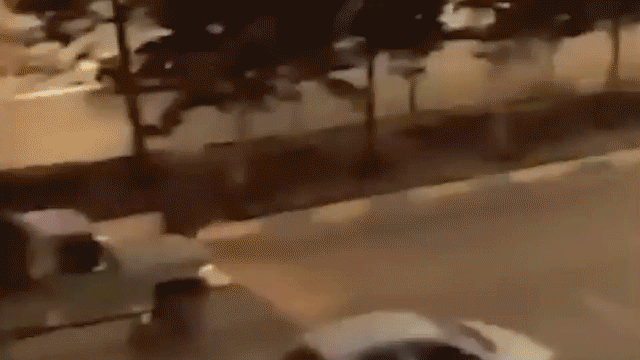
Sheriff Joe Arpaio's office has settled in a profiling case, agreeing to pay $200,000 to two men who were unjustifiably stopped by law enforcement officers. (2010 Getty Images)
Sheriff Joe Arpaio fired two of his top deputies for alleged corruption, just as reports broke of racist jokes against Mexicans within his department.
Arpaio, already a lightning rod for his tough immigration laws in Maricopa County, is simultaneously dealing with a number of different controversies.
On Tuesday, he accepted the resignations of two of his top deputies, essentially firing his right-hand men when allegations of corruption become too much to bear.
KSAZ Fox 10 in Phoenix reported that David Hendershott, a deputy for three decades, gave notice; deputy chief Larry Black resigned, too, the station reported.
"Dave Hendershott was removed from his duties because he let me down," Arpaio said at a news conference. "When it comes to serious integrity violations, there is no wiggle room for a law enforcement professional."
The normally tough sheriff showed a bit of humility in announcing the firings.
"I think I know how to manage, but probably a mistake I made -- I should've been hooked up more to the administrative part, and taken some action sooner... I have made mistakes, I have rectified my mistakes... no one is perfect."
A Pina County investigation led to the firings. Among the findings, the station reported, investigators found that Hendershott used money to take his family on an eight-day trip to Alaska and took a total of $25,000 from a foundation and another fund.
Meanwhile, Arpaio's department is coming under for alleged offensive jokes deputies made about Mexicans, even as office faces a lawsuit accusing officers there racially profiling Latinos during traffic stops.
An e-mail from someone in the office, according to court filings, included a joke and image that reinforced stereotypes of drinking by Mexicans; another e-mail made fun of perceived Mexican accents; still another included an image showing a mock driver's license for a fictional state called "Mexifornia" with an ID photo showing perceived stereotypical Mexican facial features.
"Sheriff Arpaio was communicating both his agreement with these messages and his intent to see them realized in MCSO's anti-illegal immigration enforcement activities," wrote Stanley Young, an attorney for those who filed the lawsuit.
The lawsuit centers on the traffic patrols known as "sweeps" where deputies and posse volunteers flood an area of a city — in some cases heavily Latino areas — to seek out traffic violators and arrest other violators. Arpaio's office has launched nearly 20 sweeps since early 2008.
Some deputies and even members of Arpaio's immigrant smuggling squad used the e-mail system to distribute offensive images of Mexicans, Young said, pointing to a letter from a person asking for a roundup in north Phoenix.
"If you have dark skin, then you have dark skin," the letter said. "Unfortunately, that is the look of the Mexican illegals who are here illegally."
Young said Arpaio sent the letter to a top manager and instructed him to "Have someone handle this."
Young said considerations of race have infected the sweeps and that Arpaio has in effect endorsed calls for racial profiling.
Most of the letters don't describe criminal activity, and Arpaio sent thank-you notes in some cases to people who wrote the letters, Young said.
Arpaio, responding to request for comment Tuesday, said he was not concerned with the case.
"Let's see what the courts say," he said.
The U.S. Justice Department also has launched a civil rights investigation of Arpaio's office in early 2009 on allegations of discrimination and unconstitutional searches and seizures.
The federal agency also is examining the sheriff's jail policies that discriminate against people with limited English skills. The sheriff's office has repeatedly denied allegations of racial profiling.
Timothy Casey, an attorney for the sheriff's office, has asked for the civil lawsuit to be dismissed, arguing that those who filed the case lack standing to show they face a threat of future injury from the sweeps and people pulled over in the sweeps were approached because deputies had probable cause to believe they had violated a law.
"The undisputed evidence in this case demonstrates that each of the plaintiffs' respective traffic stops was made on either probable cause or reasonable suspicion as required," Casey wrote, noting that there was no evidence that deputies had discriminatory intent in stopping the people who filed the lawsuit.
For more news from KSAZ in Phoenix, go to .myfoxphoenix.com
The Associated Press contributed to this article.
Follow us on twitter.com/foxnewslatino
Like us at facebook.com/foxnewslatino








































